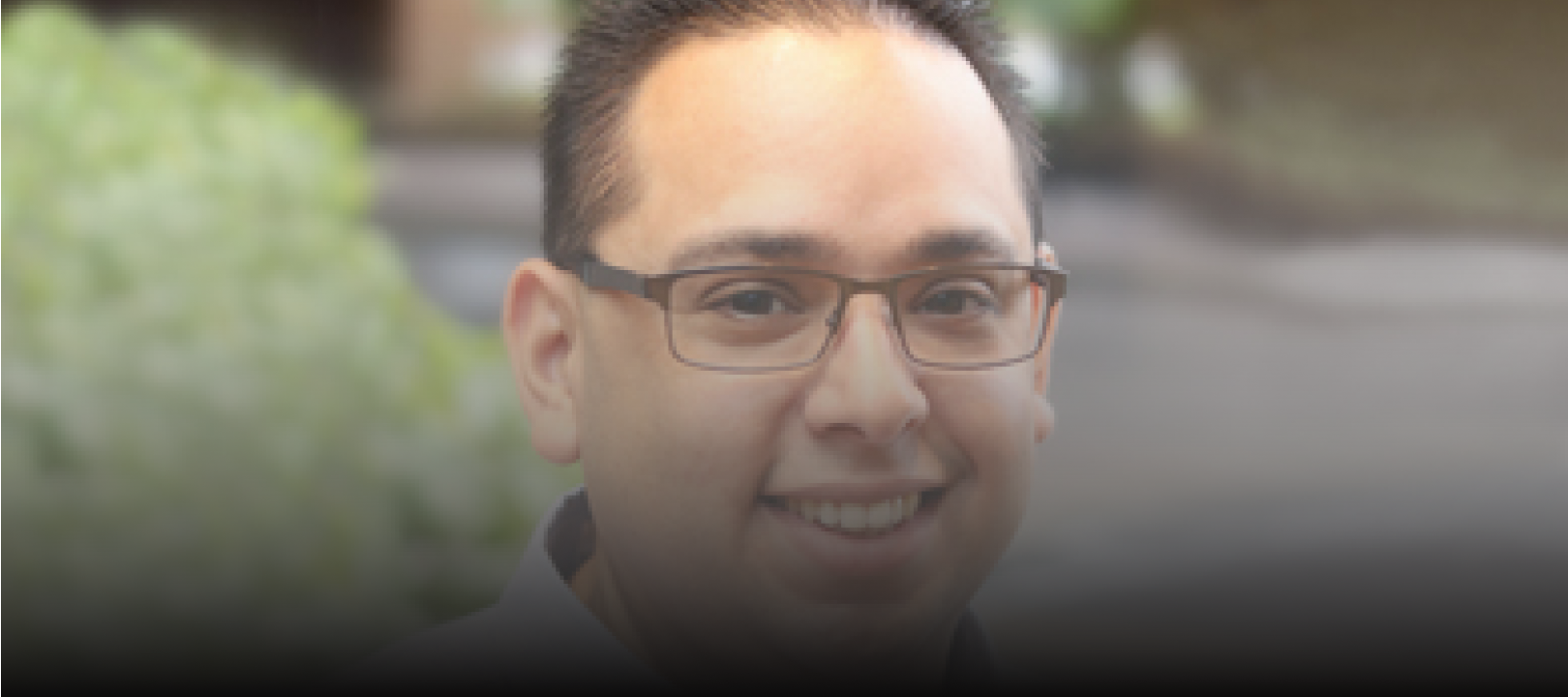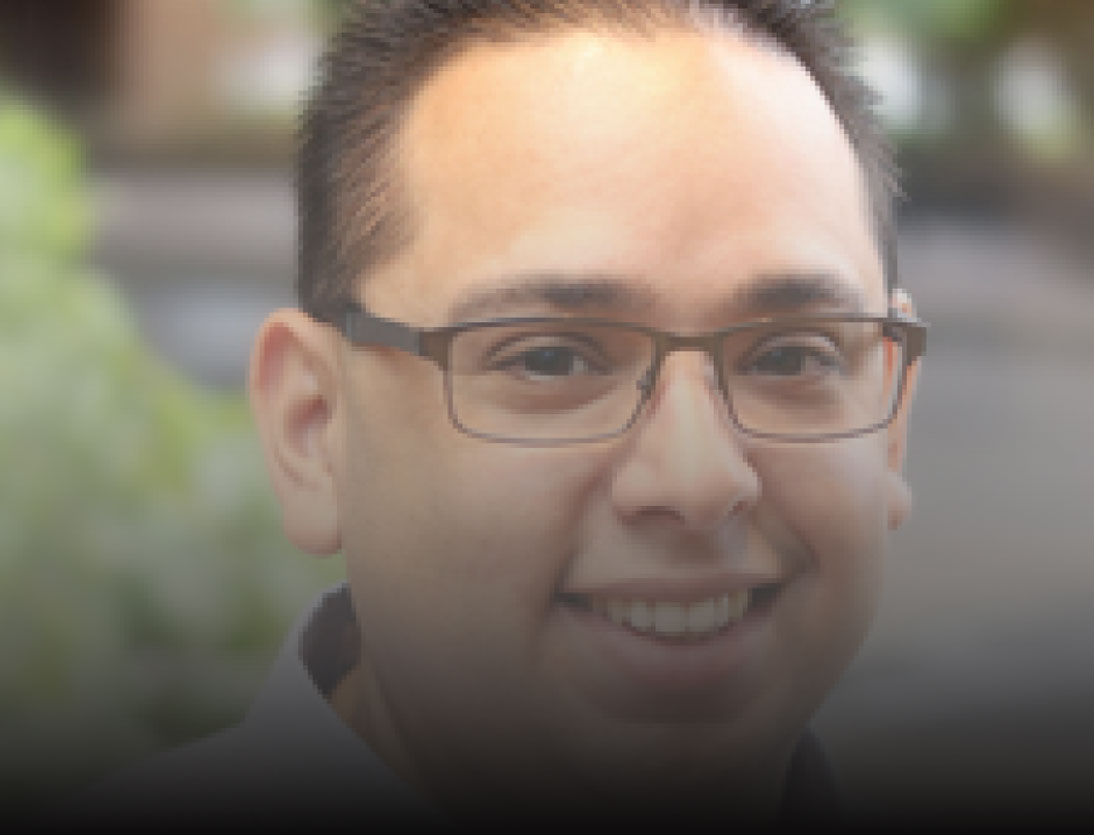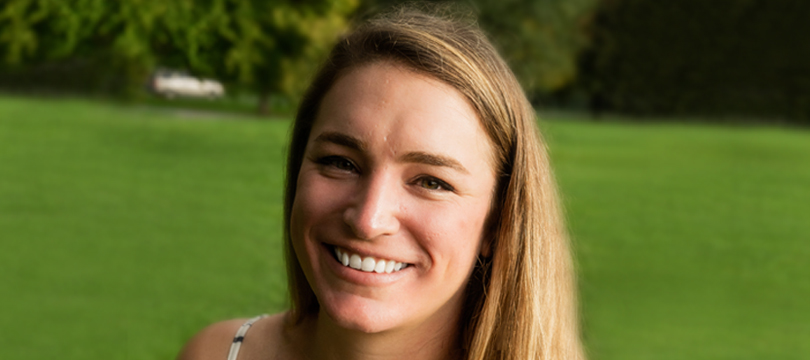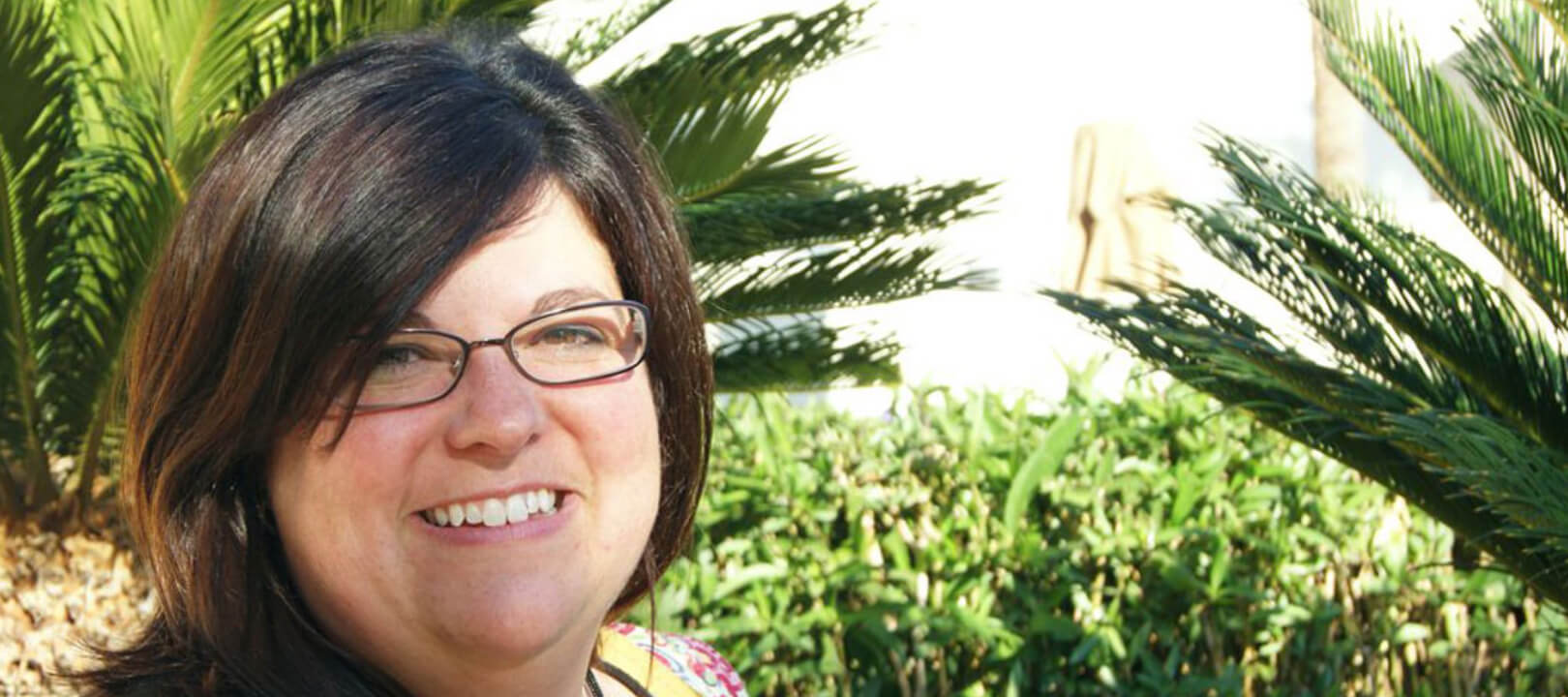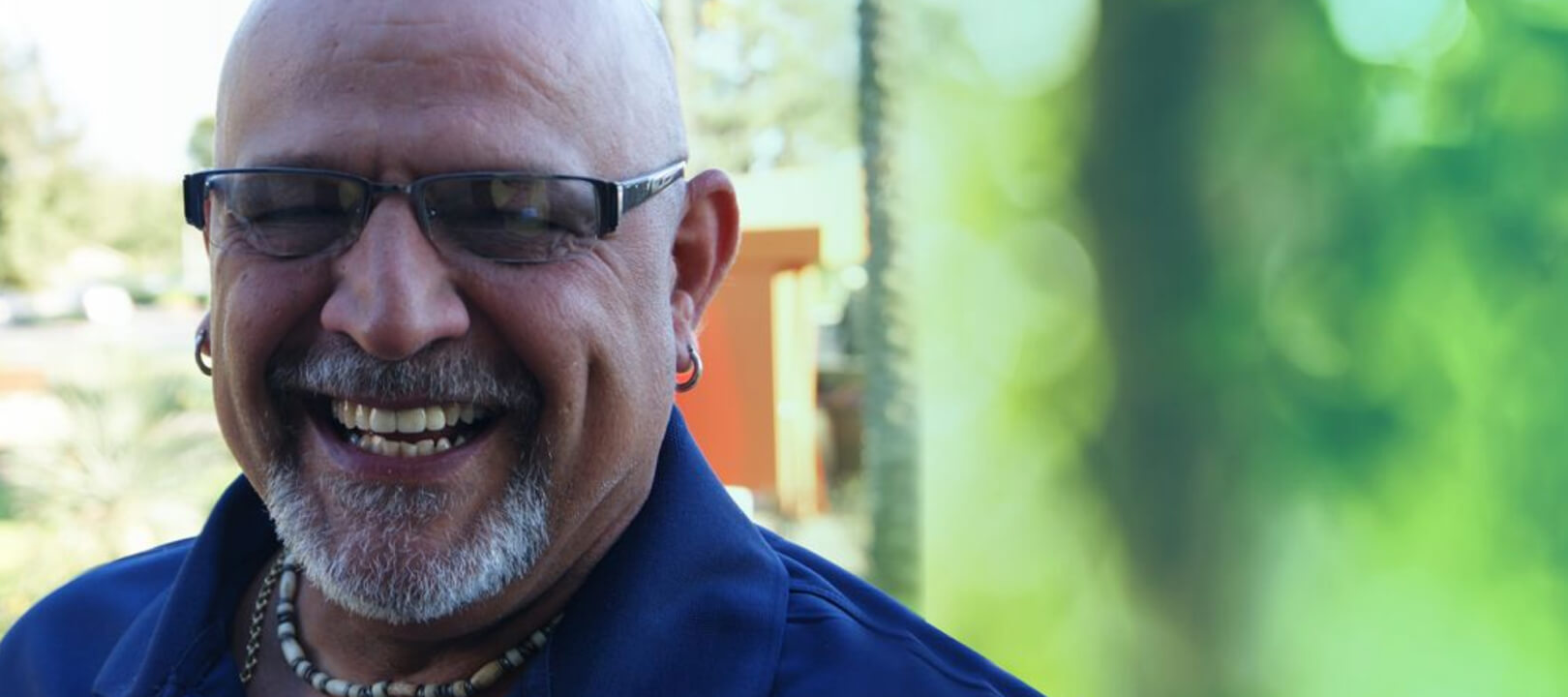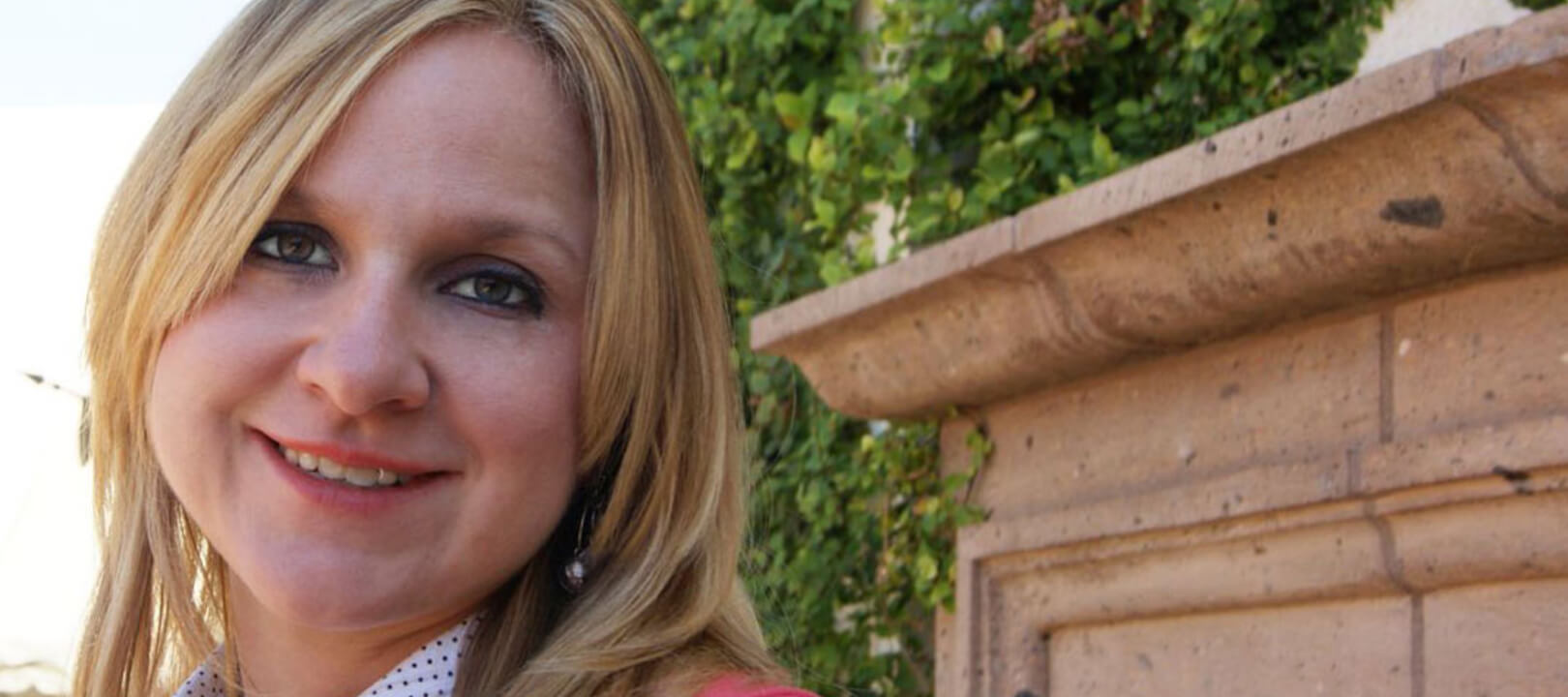Manny’s story
In Manuel's (Manny's) hometown on the island of Puerto Rico, his family faced challenges in receiving a diagnosis to explain his bleeding symptoms. As an infant, he experienced severe bruising that, at the time, had no apparent explanation. His parents were accused of physical abuse due to his bruising, but then, a local physician suspected that Manny had hemophilia. His family was referred to the University of Puerto Rico’s medical center, and, at 9 months of age, Manny was diagnosed with moderate hemophilia B. Like approximately one-third of all patients diagnosed with hemophilia, Manny has no family history of the condition.
The changes that were implemented in my care plan, combined with personal lifestyle changes, gave me a positive result.
With moderate hemophilia B, symptoms are expected to be less pronounced; however, his personal experience has been that his bleeding episodes are similar to those of a patient diagnosed with severe hemophilia. He says, “I find myself in between the designated severe and moderate levels used to diagnose hemophilia. My bleeding episodes have always been what is expected for a person with severe hemophilia.”
At the end of 2018, Manny experienced a period of severe bleeding without a discernible cause. He contacted his hemophilia treatment center (HTC) and requested their support to treat the bleeding episodes. He followed the recommended steps provided by his HTC, and after the bleeding subsided, they both went back to the drawing board. Through shared decision-making, changes were made to his care plan in order to accommodate the reality of his severe symptoms. “The changes that were implemented in my care plan, combined with personal lifestyle changes, gave me a positive result,” he says.
Manny participated in the Gears for Good ride to benefit the Hemophilia Federation of America’s Helping Hands program. Six months prior to the ride, Manny engaged his care team in order to ensure he had an appropriate treatment regimen in place. He also became more physically active and adjusted his eating habits, not just to train for the ride, but as part of an overall lifestyle change. “It’s a 156-mile bike ride in 3 days, and it was the most grueling thing I’ve ever done physically,” he says.
Manny also experienced challenging times with his emotional health because of his bleeding disorder during his teen and young adult years. His care suffered as a result. He is concerned for other young community members who may be experiencing a similar transition. He says, “Younger individuals need access to mentors within the community to provide them with understanding and support so that, along with their care teams, they can make the choices that are right for them.” His advice is to strike a balance in order to “live life to the fullest, to make the best decisions” and to “listen to your caregivers because they want what’s best for you.”
Younger individuals need access to mentors within the community to provide them with understanding and support so that, along with their care teams, they can make the choices that are right for them.
Currently, part of Manny’s work is as an advocate and educator, with an emphasis on providing support and resources about bleeding disorders to the Latino community. He says that there is a need and interest from Latino families to engage with more Spanish-language materials and educational sessions about individual patient stories. “I think that would be very helpful for these families; they are eager to hear about individuals’ direct experiences with their bleeding disorders. These stories can empower them and can lift them up in moments of adversity.” He points out that while there’s now more focus on organizations to be inclusive, there is still more to be done to ensure that it results in effective integration. “We have people from diverse places in the world, and we need to make sure that we’re better serving their needs,” he says.
It’s important to Manny that he shares his story because he wants people both inside and outside the hemophilia community to understand that a fulfilling life is possible with appropriate care. For families new to the community, he relates a diagnosis of hemophilia to “getting a cold bucket of water tossed over you,” and he wants to ensure they feel supported. By community members sharing their stories with parents of those who are newly diagnosed, Manny says that “they can come to the realization that, with proper treatment and continued access to care, their son or daughter with a bleeding disorder will be able to live a fulfilling life.”
